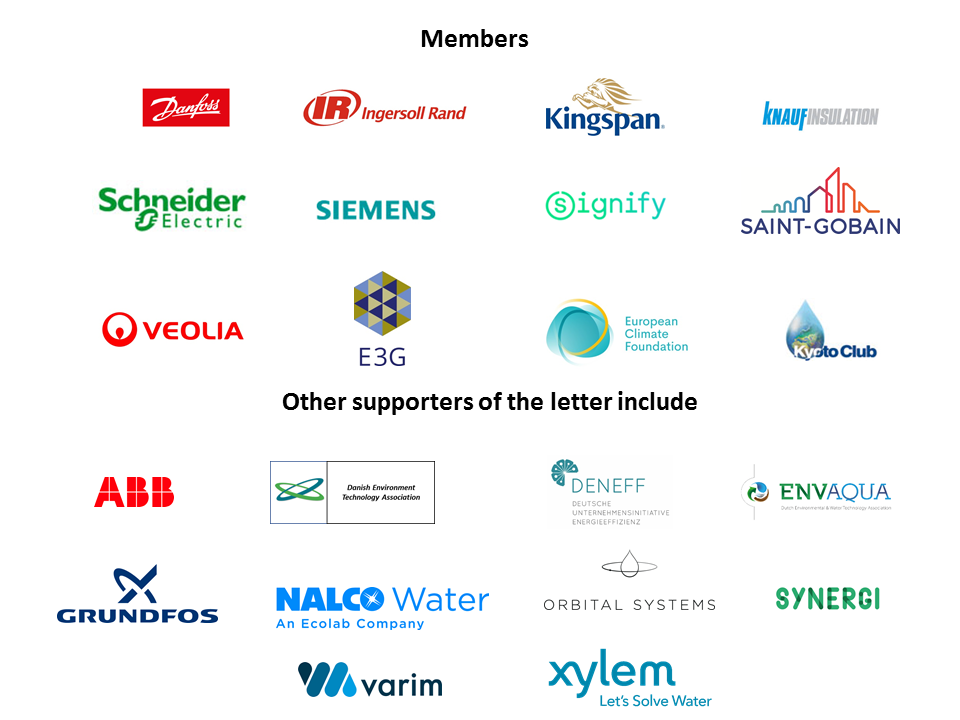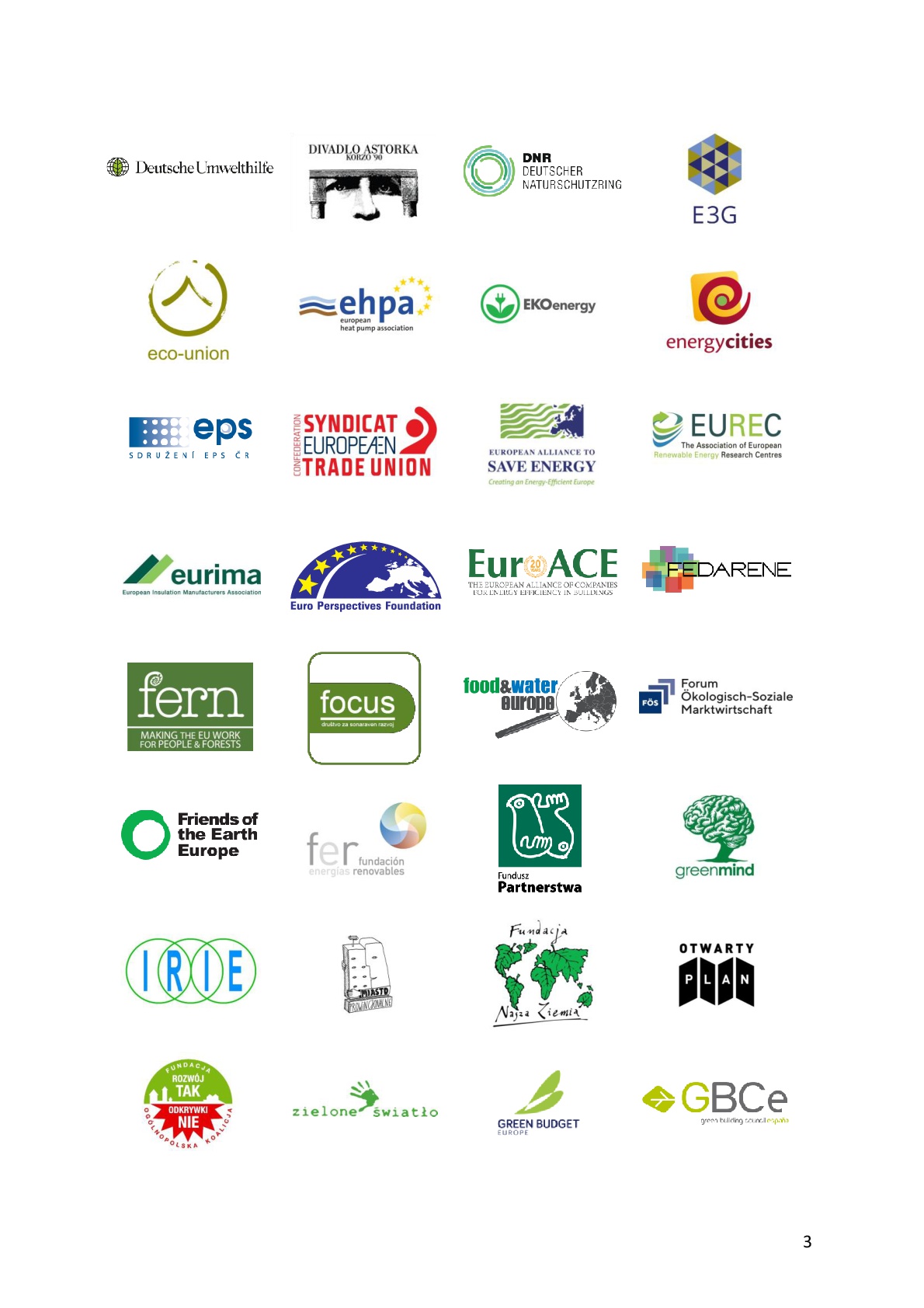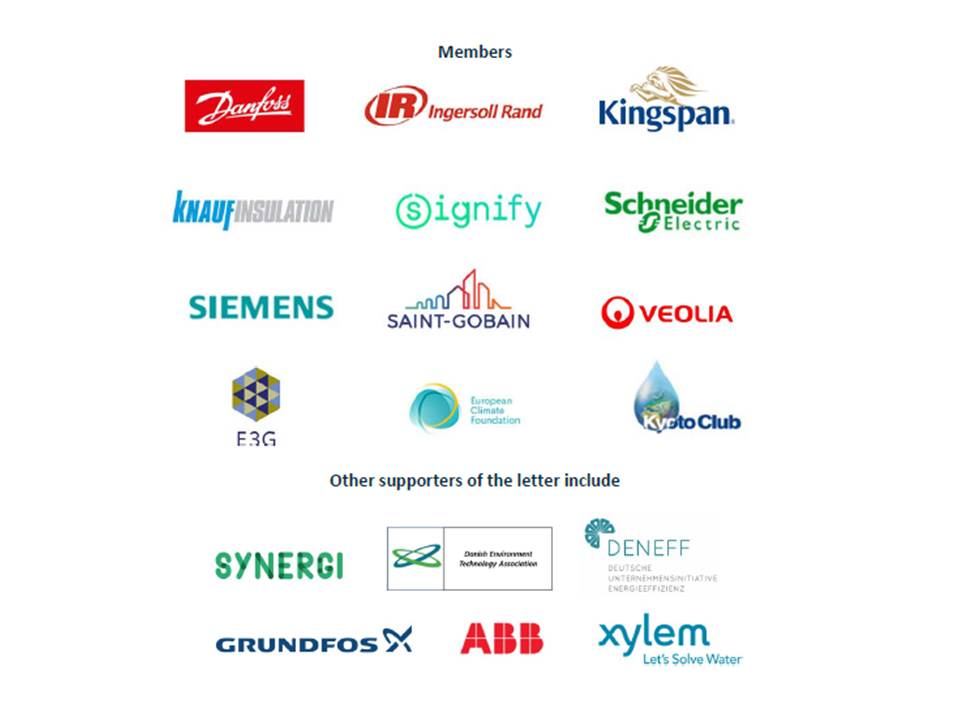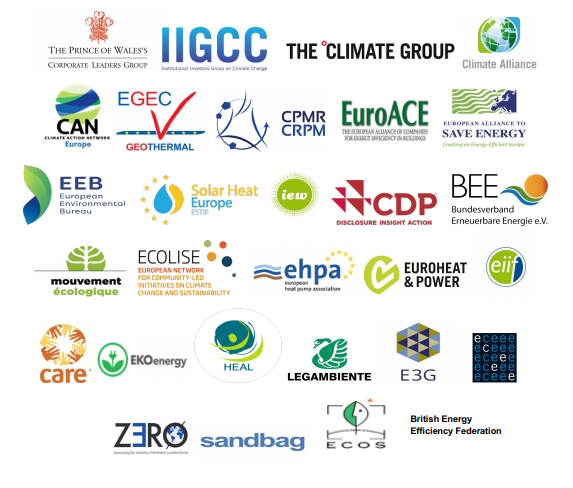Ahead of BUDG/ECON vote on December 3, businesses support Building Renovation Window in the InvestEU programme
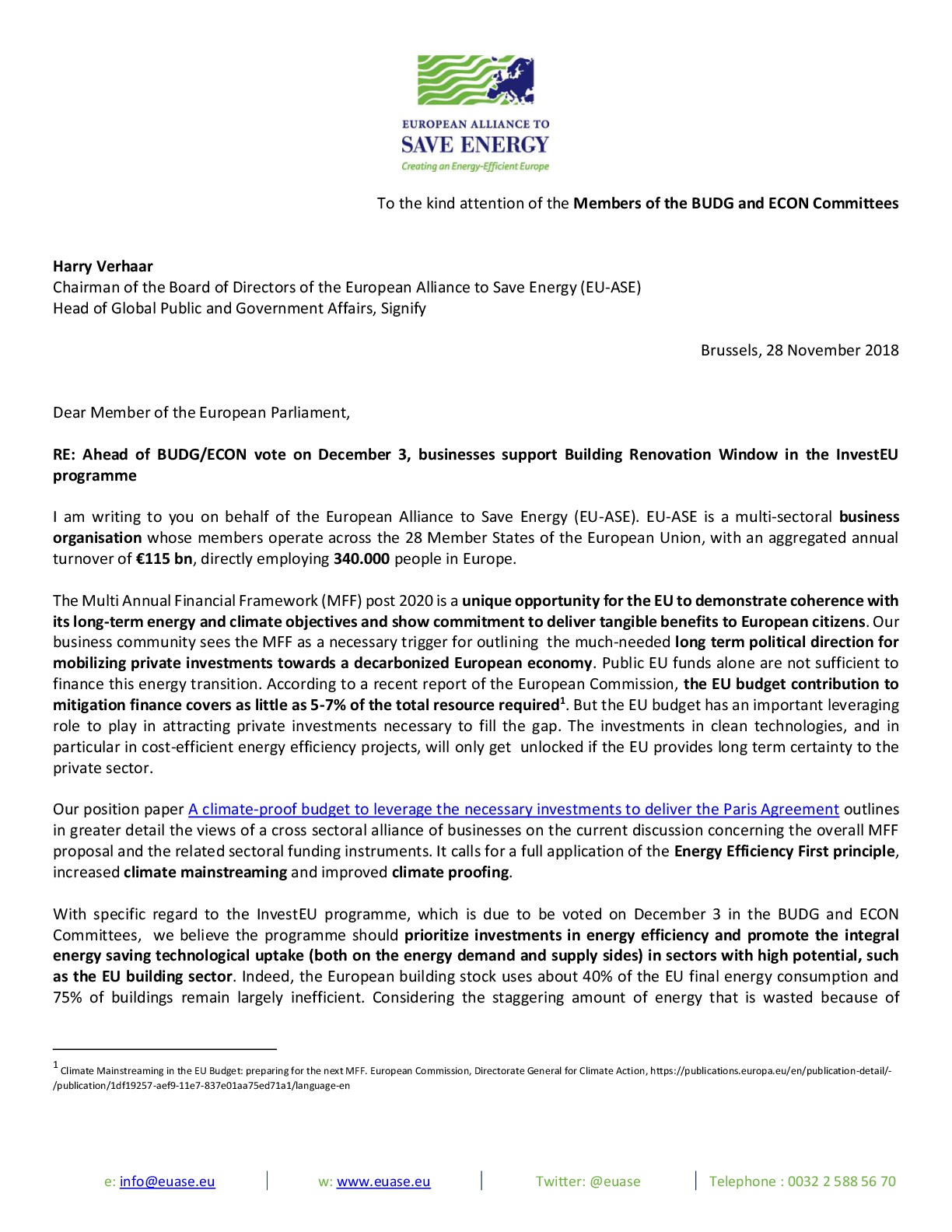
To the kind attention of the Members of the BUDG and ECON Committees
Harry Verhaar
Chairman of the Board of Directors of the European Alliance to Save Energy (EU‐ASE)
Head of Global Public and Government Affairs, Signify
Brussels, 28 November 2018
Dear Member of the European Parliament,
RE: Ahead of BUDG/ECON vote on December 3, businesses support Building Renovation Window in the InvestEU programme
I am writing to you on behalf of the European Alliance to Save Energy (EU-ASE). EU-ASE is a multi-sectoral business organisation whose members operate across the 28 Member States of the European Union, with an aggregated annual turnover of €115 bn, directly employing 340.000 people in Europe.
The Multi Annual Financial Framework (MFF) post 2020 is a unique opportunity for the EU to demonstrate coherence with its long-term energy and climate objectives and show commitment to deliver tangible benefits to European citizens. Our business community sees the MFF as a necessary trigger for outlining the much-needed long term political direction for mobilizing private investments towards a decarbonized European economy. Public EU funds alone are not sufficient to finance this energy transition. According to a recent report of the European Commission, the EU budget contribution to mitigation finance covers as little as 5-7% of the total resource required1. But the EU budget has an important leveraging role to play in attracting private investments necessary to fill the gap. The investments in clean technologies, and in particular in cost-efficient energy efficiency projects, will only get unlocked if the EU provides long term certainty to the private sector.
Our position paper A climate-proof budget to leverage the necessary investments to deliver the Paris Agreement outlines in greater detail the views of a cross sectoral alliance of businesses on the current discussion concerning the overall MFF proposal and the related sectoral funding instruments. It calls for a full application of the Energy Efficiency First principle, increased climate mainstreaming and improved climate proofing.
With specific regard to the InvestEU programme, which is due to be voted on December 3 in the BUDG and ECON Committees, we believe the programme should prioritize investments in energy efficiency and promote the integral energy saving technological uptake (both on the energy demand and supply sides) in sectors with high potential, such as the EU building sector. Indeed, the European building stock uses about 40% of the EU final energy consumption and 75% of buildings remain largely inefficient. Considering the staggering amount of energy that is wasted because of inefficiency in power and heat production, delivery and consumption in this sector, we should put all our effort to minimise this waste, which can be avoided.
Our homes are responsible for about 36% of CO2 emissions in the EU. Such emissions must be cut by at least 90% to reach net zero by 2050 and limit the devastating impact of climate change on people, communities, economies and ecosystems around the world.
In addition, we should not underestimate that, beyond energy and cost savings, the renovation of buildings, being building management systems or staged deep renovation, also brings along non-energy related benefits such as the creation of local jobs, thermal comfort, better living conditions, healthier populations and it is likely to eventually pave the way for the electric vehicle revolution2.
Hence, the question of feasibility: one of the key barriers in the much needed renovation of European residential buildings is leveraging finance from the private sector. The ITRE Committee voted in favour of the creation of a building renovation window which could address this barrier and could help tackle the EU renovation challenge by stimulating private investments. Dedicated funds for building renovations will provide EU guarantees for the development of innovative financing schemes such as energy performance contracting, pre-financing with on-bill or on-tax repayment, green bonds and green mortgages that will help to finance large amounts of small projects stemming from the EPBD long-term renovation strategies and will help to increase the renovation rate across the continent.
Dear Member, ahead of the vote on December 3, we urge you to support the ITRE proposal to create a building renovation window because investing in the renovation of our homes simply makes economic sense and speaks to the hearts and minds of people.
We remain at your disposition for further discussion on this strategic topic.
Yours sincerely,
Harry Verhaar
Chairman of the Board of Director of the European Alliance to Save Energy (EU-ASE)
Head of Global Public and Government Affairs, Signify
[1] Climate Mainstreaming in the EU Budget: preparing for the next European Commission, Directorate General for Climate Action, https://publications.europa.eu/en/publication-detail/-/publication/1df19257-aef9-11e7-837e01aa75ed71a1/language-en
[2] Rocky Mountains Institute Report on EVs deployment, which predict a 3,000 Twh increase in electricity demand by 2040 if the world switches to electric vehicles as fast as their fastest scenario. To ensure that the power grid has sufficient capacity to deal with it, the researchers advocate accelerated action from political leaders and to step up the renovation of buildings to improve their energy According to the researchers, increasing the current global building retrofit rate from approximately 1% per year to just over 5% per year, could accommodate baseline adoption of 550 million electric vehicles on the road through 2040 without increasing generation capacity dramatically.
In a fast-changing political and economic environment, 2025 was a year of continued efforts to strengthen security, stability, and competitiveness for European businesses.
Throughout the year, our work demonstrated that energy efficiency is not only essential to achieving climate goals, but also a key driver of innovation, energy independence and sustainable long-term growth across Europe.
Strong engagement with policymakers, combined with the successful organisation of the 4th European Energy Efficiency Day, highlighted the importance of collaboration and dialogue in advancing shared objectives. Partnerships across sectors and institutions remained central to delivering impact and shaping effective energy policies.
Looking ahead to 2026, we will intensify our efforts to secure the regulatory certainty that can accelerate the energy transition, while providing businesses with the investment confidence they need and strengthening Europe’s competitiveness.
Read the full Activity Report here.


